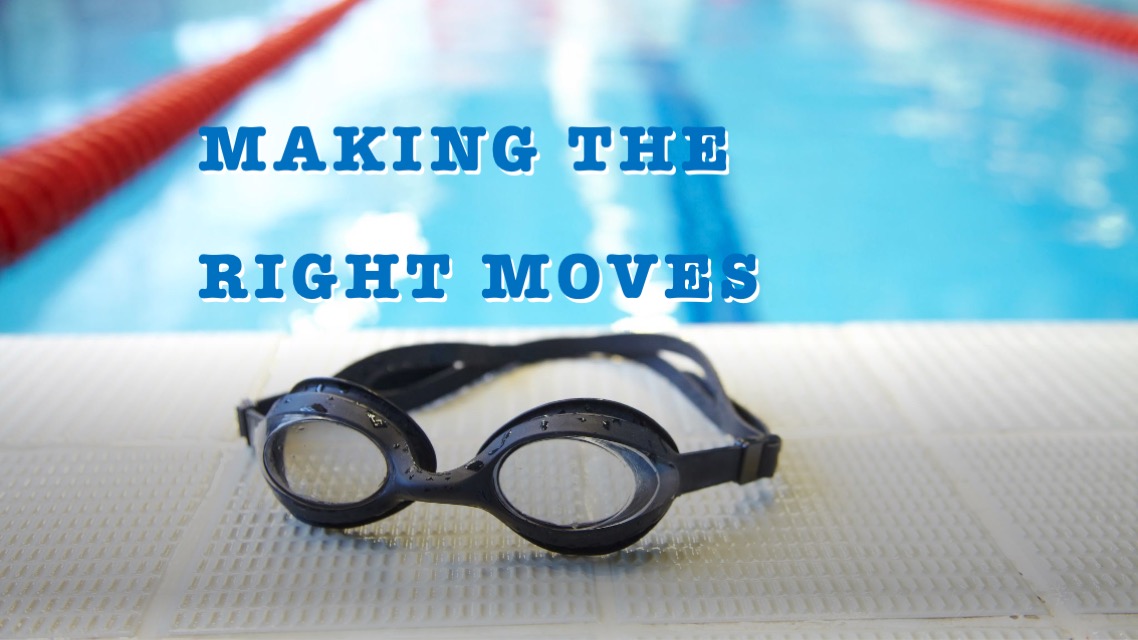Swimming Federation of India’s desire to grow the sport has found expression in the form of a partnership agreement with Swimming South Africa. Coming in the wake of the ambitious five-year coach education programme, driven by Australian ace Wayne Goldsmith, announced in October last, this move can take Indian swimming towards achieving greater success than before.
The South African and Indian teams will take part on bilateral competitions. Besides, the Indian team will participate in joint training camps with the South African national team in South Africa, SFI said. “The agreement builds on the informal arrangements between the Federations, with swimmers from India training with the South African head coach Graham Hill,” it said.
Hill coached Chad le Clos to 2012 Olympic Games 200m butterfly gold. Back in 2015, SP Likith, Karan K Raju, Manav Dileep, Siva Sridhar (Karnataka), Aryan Makhija, Vedant Khandeparkar (Mumbai) and Danush Suresh (Chennai) were funded by JSW Sports Excellence Programme to train with Graham Hill in Durban over an extended period of time.
It could well be the Ministry of Youth Affairs and Sports that steps in to support the SFI’s new vision. With the sport being identified as a priority sport for the 2024 and 2028 Olympic Games, support from the Sports Authority of India is assured – as can be seen in the fact that a National Camp has been sanctioned and is in progress in Bengaluru.
Yet, while the intention is really good, SFI has much work to be done before it can match the Asian standards. It needs to win the confidence of all coaches and swimmers that they will all be backed equally, and the individual coaching needs of each athlete would be considered when National camps are being held.
By all accounts, a number of swimmers who were called to the National camp, now on in Bengaluru, chose to stay away and not interrupt their respective training programmes. The National Camp appears to have been ignored by a number of talented swimmers ostensibly because they did not want to change the training regime laid down by their coaches.
More important, because the camp is scheduled for six weeks, they were unsure of what would come next. With no indication from SFI, they embraced the idea of continuing with their existing regime. The absence of a High Performance Director, not to speak of the National Coach not being involved, could also be reasons for such a decision by so many swimmers.
It is an open secret that a few top-drawer coaches – and there are less than the digits on one’s hands – plot the direction for the cream of Indian swimming. And it is almost as if swimmers have to gravitate to one of the camps run by these coaches for them to have some of the spotlight trained on them.
If any National Sports Federation needed to engage a High Performance Director now, it is the Swimming Federation of India. The administration, especially Secretary Monal Chokshi, has taken some right steps towards helping swimming stay relevant as an attractive competitive sport in India but needs to find more professionals so that swimmers can evolve enough to make it count in Asia.



